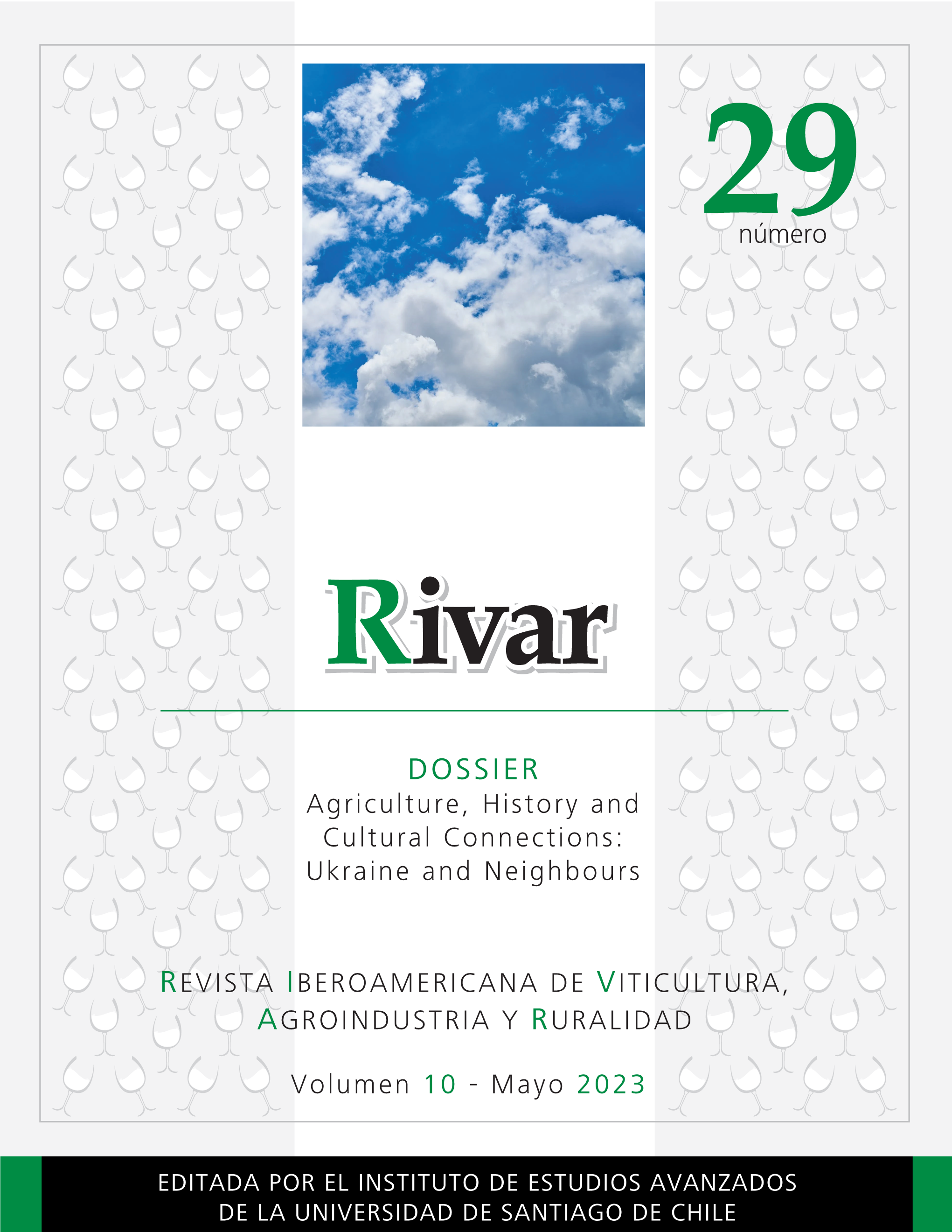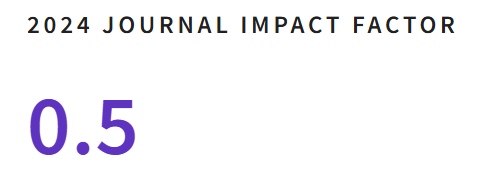History of Regional, Social and Political Relations between Kazakhstan and Turkey (1991-2020)
DOI:
https://doi.org/10.35588/rivar.v10i29.5824Palavras-chave:
regional relations, independence, diplomacy, bilateral cooperation, diasporaResumo
The purpose of this study is to research the processes in the Turkic-speaking republics of the Soviet Union after it splits in 1991, as well as to study the subsequent aspects of the development of Kazakh-Turkey relationships in the sphere of regional politics. Since the Republic of Kazakhstan’s independence, a specific sector of foreign policy has been committed to the development of comprehensive ties with industrialized nations, international politics, and socio-economic organizations. The quick creation of such ties has been the country’s primary foreign policy goal. Turkey appreciates Kazakhstan’s leadership position in Central Asia and considers Kazakhstan to be the most significant partner in regional relations. The methodology of this research is based on particular documents, archival data, research papers, and the origins and outcomes of such connections. This article analyses the concerns of regional socio-political collaboration between Kazakhstan and Turkey from 1991 until 2020, and its main goal is to provide a scholarly study and appraisal of the Republic of Kazakhstan’s regional socio-political relations in those years. In the conclusion, one can state, that the history of Turkish-Kazakh regional relations has developed in the direction of brotherhood and mutual understanding as the Turkic people of the two countries.
Downloads
Referências
Agency for Strategic Planning and Reforms of the Republic of Kazakhstan Bureau of National Statistics (2021). “Agency for Strategic Planning and Reforms of the Republic of Kazakhstan Bureau of National Statistics.” Astana, Republic of Kazahstan. In https://stat.gov.kz/ (accessed 31/03/2023).
Akpynar, D.; Kuranbek, A. and Abzhaparova, L. (2018). “Historical Ties and Bases of Formation of Kazakh-Turkish Relations.” Al-Farabi in Kazakh and World Philosophy, Culture and Civilization Confererence. Almaty, Al-Farabi Kazakh National University: 156-160.
Alma-Ata (1991). “Agreement on Cooperation between the Kazakh Soviet Socialist Republic and the Turkish Republic”. Alma-Ata. March 15, 1991 (accessed 31/03/2023).
Asankeldiuly, A. (2018). “Kazakhstan-Turkey: Deep-rooted Cooperation”. Kazakh gazetteri. In https://www.kazpravda.kz/en (accessed 06/04/2023).
Asylbekov, M.K.; Kozybaev, M., and Abylkhozhin, Z.B. (eds.). (2010). History of Kazakhstan (from Ancient Times to the Present). Almaty, Atamura.
Ayagan, B.G.; Abzhanov, H.M.; Seliverstov, S.V., and Bekenova, M.S. (2010). History of Modern Kazakhstan. Almaty, Raritet.
Burabaev, A. (2002). “Modern Kazakh-Turkish Relations: 1991-2001.” Information Review 1: 107-108.
Giritliogly, M. (2021). History of Kazakh-Turkish Political and Cultural Relations and Teaching Methods (XVII-XXI Centuries). Turkestan, Khoja Akhmet Yassawi International Kazakh-Turkish University.
Imasheva, N.D. (2003). Cultural and Scientific Relations between Kazakhstan and Turkey (1991-2000). Almaty, Ch. Valikhanov Institute of History and Ethnology.
Joint Declaration on Further Development and Deepening of Cooperation between the Republic of Kazakhstan and the Republic of Turkey (1995). “Joint Declaration on Further Development and Deepening of Cooperation between the Republic of Kazakhstan and the Republic of Turkey.” In https://online.zakon.kz/Document/?doc_id=1033571 (accessed 06/04/2023).
Kara, A. (2011). “The Process of 20 Years of Cooperation of the Turkic World and the Role of Kazakhstan in It.” In Ibraev, S. (ed.). Turkic Civilization and Kazakhstan: Proceedings of the International Conference Dedicated to the 20th Anniversary of Independence of the Republic of Kazakhstanl. Astana, International Turkic Academy: 28-32.
Karasaev, G.M.; Dyusen, S., and Kaliev, Z. (2012). Leader of the Nation N.A. Nazarbayev and the Foreign Policy of Independent Kazakhstan (1991-2013). Astana, Akorda.
Ketners, K. (2020). “Spending Review as Essential Part of Public Sector Budgeting: Latvian Experience.” Proceedings of the 2020 International Conference Economic Science for Rural Development 53: 97-106. DOI https://doi.org/10.22616/esrd.2020.53.011
____. (2015). “Possibility for Personal Wealth Taxation System in Latvia.” In Proceedings of the 2015 International Conference Economic Science for Rural Development 37. Jelgava, LLU ESAF: 211-219.
Martinkovic, M. (2005). “The Idea of Slavic Solidarity in the Interpretations of the Representatives of the ‘New School.’” Filozofia 60(10): 804-818.
National Archive of the Republic of Kazakhstan (2021). National Archive of the Republic of Kazakhstan. In https://www.ulttykarhiv.kz/en/ (accessed 06/04/2023).
Nazarbayev, N.A. (2017). Era of Independence. Astana, Akorda.
____. (2003). On the Threshold of the XXI Century. Almaty, Atamura.
Perepelitsa, E.F. (2007). “Cooperation between the Republic of Kazakhstan and the Turkish Republic in the Field of Culture of the 1990s.” Bulletin of Volgograd State University 12: 175-178.
Republic of Kazakhstan (2021). Archive of the President of the Republic of Kazakhstan. In http://archive.president.kz/en/ (accessed 06/04/2023).
Stepanchuk, O.; Bieliatynskyi, A.; Pylypenko, O., and Stepanchuk, S. (2016). “Peculiarities of City Street-Road Network Modelling.” Procedia Ingeneering 134: 276-283. DOI https://doi.org/10.1016/j.proeng.2016.01.008
Toybaeva, J.N. (2016). People of Kazakhstan. Almaty, Kazakhskaya Entsiklopediya.
Tuimebaev, J. (ed.). (2013). Kazakhstan-Turkey: 20 Years of Friendship and Cooperation. Ankara, Elma basim.
Yensenov, K.A. (2018). “Research Institutes and the International Turkic Academy.” In Ayagan, B.G. (ed.). National Historical Horizon (Development of Historical Science of Kazakhstan in the Period of Independence. Astana, Dame: 171-173.









